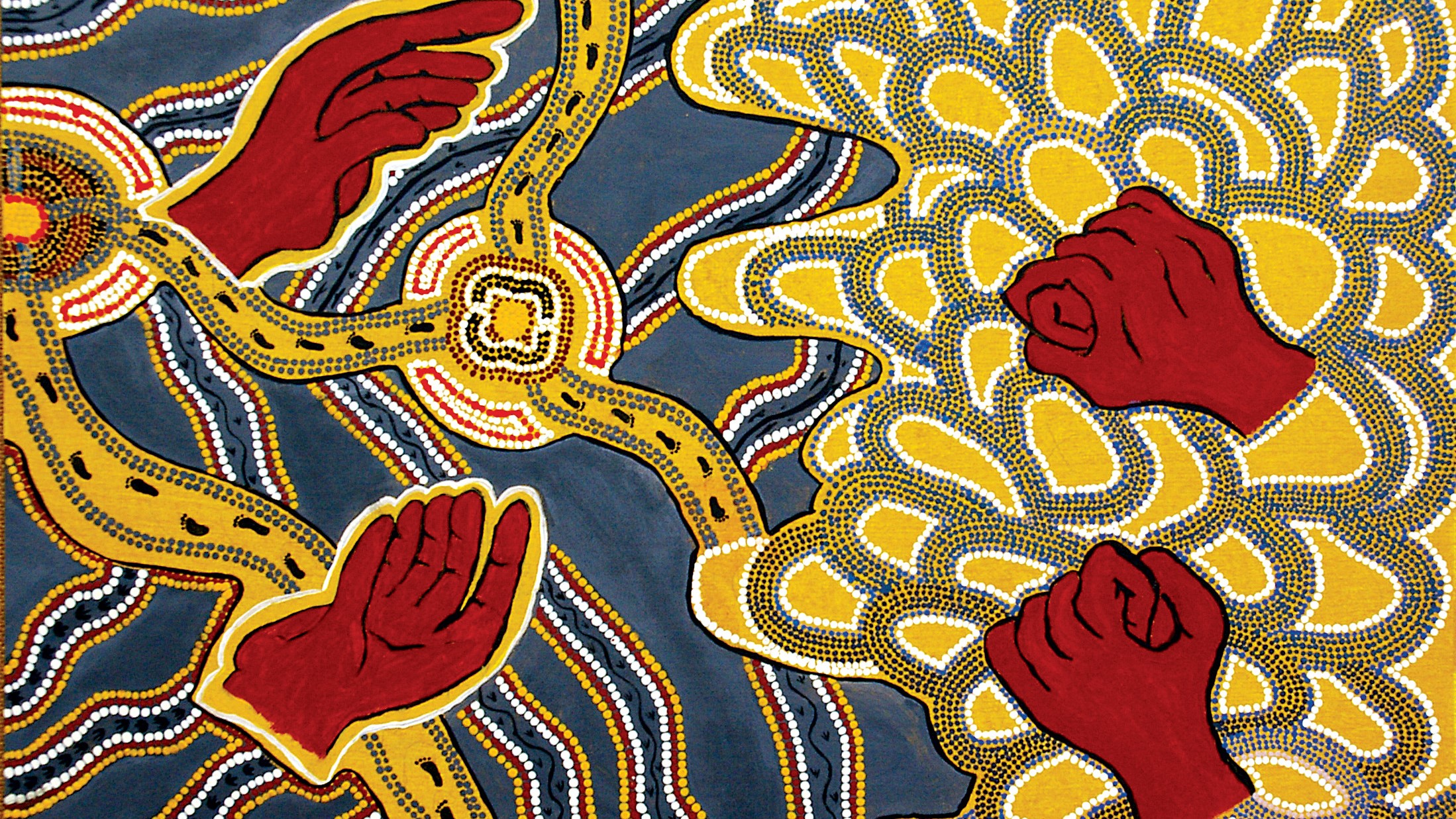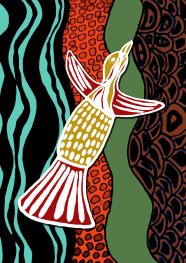
2016 Seminars
Presentation Type
Presentation
Location
The University of Notre Dame Australia, Broome Campus
Start Date
6-10-2016 12:30 PM
Description
The La Grange Agriculture Opportunities Project was established in 2012 to define the most appropriate water and land use development options, pathways and strategies to support additional irrigated agriculture in the La Grange area, south of Broome, Western Australia. The La Grange area is home to six pastoral stations, two horticultural businesses and the state’s largest remote community, Bidyadanga, and several smaller ‘outstation’ communities. Four interrelated language groups are recognised custodians of various areas across the region, the Karajarri, the Nyangumarta, Yawuru and Nyikina-Mangala people. Three Native Title claims have been determined across the area: Karajarri, Rubibi and Nyangumarta. The Karajarri claim is the largest, overlaying the areas most likely to be suitable for agricultural development. The Karajarri people are currently working through land and water planning processes including development of an Indigenous Protected Area (IPA) agreement. They are seeking assistance with both the development of the IPA and longer term prospects for economic development. They also own (in trust) Frazier Downs Pastoral Station and so are pastoralists in their own right, which presents a range of opportunities to participate in the project. The Yawuru people also have an agreement to have Roebuck Plains Station divested to the Yawuru people in the future. Several of the six pastoral stations have had approved, or have submitted development proposals for assessment. Many of these involve irrigated agriculture. The aim is to provide a coordinated and well planned approach to future agricultural development in a manner that will take into account the values and goals of the region’s residents. This project proposes to investigate and report on all of these issues to determine if there are grounds for investment into irrigated agriculture, how and where that is most likely to occur. Government and the regional community can then make further decisions about how to proceed. Chris will be presenting the outcomes of this work and the opportunities and recommendations for the future.
Recommended Citation
Ham, Chris, "La Grange Agriculture Opportunities Project" (2016). Talking Heads Seminar Series. 2.
https://researchonline.nd.edu.au/nulungu_talkingheads/2016/schedule/2
La Grange Agriculture Opportunities Project
The University of Notre Dame Australia, Broome Campus
The La Grange Agriculture Opportunities Project was established in 2012 to define the most appropriate water and land use development options, pathways and strategies to support additional irrigated agriculture in the La Grange area, south of Broome, Western Australia. The La Grange area is home to six pastoral stations, two horticultural businesses and the state’s largest remote community, Bidyadanga, and several smaller ‘outstation’ communities. Four interrelated language groups are recognised custodians of various areas across the region, the Karajarri, the Nyangumarta, Yawuru and Nyikina-Mangala people. Three Native Title claims have been determined across the area: Karajarri, Rubibi and Nyangumarta. The Karajarri claim is the largest, overlaying the areas most likely to be suitable for agricultural development. The Karajarri people are currently working through land and water planning processes including development of an Indigenous Protected Area (IPA) agreement. They are seeking assistance with both the development of the IPA and longer term prospects for economic development. They also own (in trust) Frazier Downs Pastoral Station and so are pastoralists in their own right, which presents a range of opportunities to participate in the project. The Yawuru people also have an agreement to have Roebuck Plains Station divested to the Yawuru people in the future. Several of the six pastoral stations have had approved, or have submitted development proposals for assessment. Many of these involve irrigated agriculture. The aim is to provide a coordinated and well planned approach to future agricultural development in a manner that will take into account the values and goals of the region’s residents. This project proposes to investigate and report on all of these issues to determine if there are grounds for investment into irrigated agriculture, how and where that is most likely to occur. Government and the regional community can then make further decisions about how to proceed. Chris will be presenting the outcomes of this work and the opportunities and recommendations for the future.




